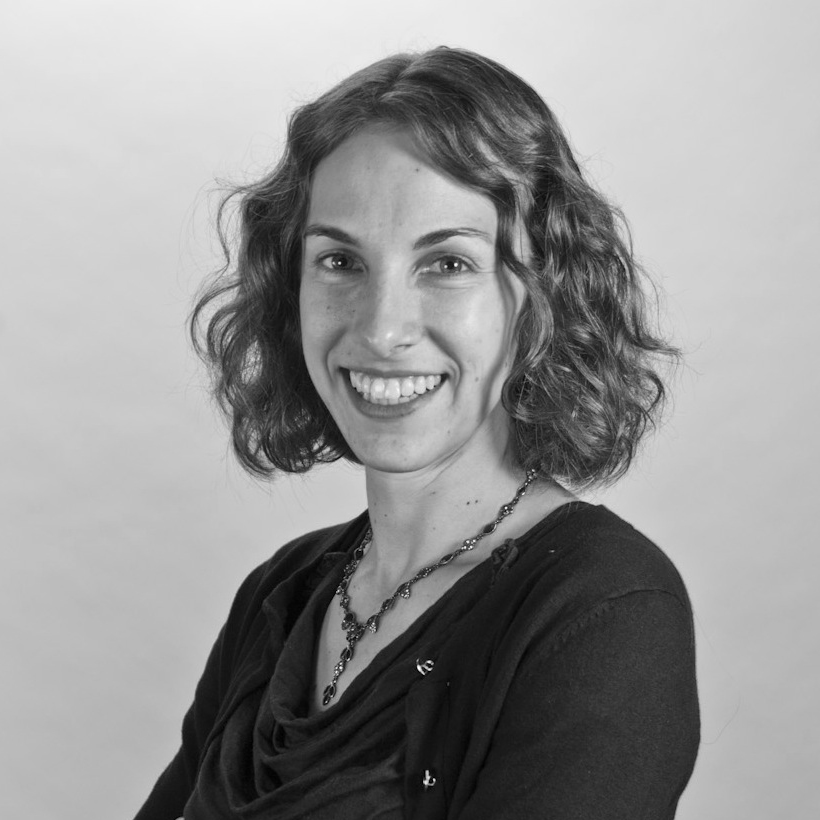Interview with KU Pilot Author Jennifer Fredette
Knowledge Unlatched asked authors who took part in the KU Pilot about their experiences of Open Access and the KU approach.
Here is the first interview with Jennifer Fredette, author of Constructing Muslims in France (Temple University Press).

What were your hopes for your book, and do you think Open Access has played a role in achieving them?
I hoped my book would help academics and (though it feels cliché to say it) the general public develop a more nuanced understanding of the lived experience of Muslims in France. For me, Open Access has been indispensible. I have been able to easily share my work with colleagues and other academics via links in email and twitter, and I’ve seen others retweet the link to my book—especially in the wake of the Charlie Hebdo/Hypercacher attacks in early January. You can imagine how valuable that instantaneous ability to share my book with others proved when events unfolded much faster than a trip to the library or even a LexisNexis search.
Had it been published solely as a traditional book, few outside of academia would have read it, in all likelihood.
It is challenging for academics to reach a general audience. I took care to write my book in an accessible manner, but it is still very much a university press publication. Had it been published solely as a traditional book, few outside of academia would have read it, in all likelihood. With KU, however, I was able to add a link directly to my book in the articles I wrote for the Washington Post’s “Monkey Cage Blog” this past summer and fall. The Washington Post articles reached a wider audience than anything I have ever written before (the second article alone received 10,000 hits in just a few days), and I had the satisfaction of knowing that if readers wanted to read my book, it was just a click away. I have to believe that the easy availability of the book was behind Al Jazeera America finding me online and requesting my participation as a panellist on their program “Inside Story,” as well. In short, Knowledge Unlatched’s pilot project in Open Access played a vital role in helping my achieve my goals for my book. I could not be more thrilled for my book to be a part of this program. I do not believe I can publish my next book without insisting on an Open Access option: it’s the ethical thing for researchers to do, and it simply makes good business sense for authors in terms of distributing our work.
How have you been promoting your OA book?
Twitter, in op-eds in the Washington Post’s “Monkey Cage” blog, targeted email distribution.
Has your opinion about OA in general changed since your book was published through the Knowledge Unlatched Pilot? If so, how?
It is even more useful than I had imagined. And I did not realize the digital version would be such high quality. It is beautiful. And searchable!
What do your friends/colleagues now think about your decision to allow your book to be made available for free under a CC licence? Has their opinion changed following publication through Knowledge Unlatched?
There has been quite a few “Oh, really? That’s cool!” moments. I have one colleague in particular who is in France at the moment and it was so easy to send him a link to the book. He even said this is actually how he prefers to read books now. I recall a sympathetic editor at another press telling me several years ago that I should never mention an interest in Open Access to an editor. Thanks to KU, I think editors should actually be considering how much their presses have to gain with OA.
Any other comments?
Huge thanks to you all and to Alex Holzman for leading Temple into this new and exciting territory and offering me a chance to come along for the ride.
Jennifer Fredette is Professor of Public Law at North Central College in Naperville, Illinois. She is the translator of Sylvain Brouard and Vincent Tiberj's As French As Everyone Else? A Survey of French Citizens of Maghrebin, African, and Turkish Origin (Temple).
Read our pre-Pilot author interviews in the Featured Authors section.




